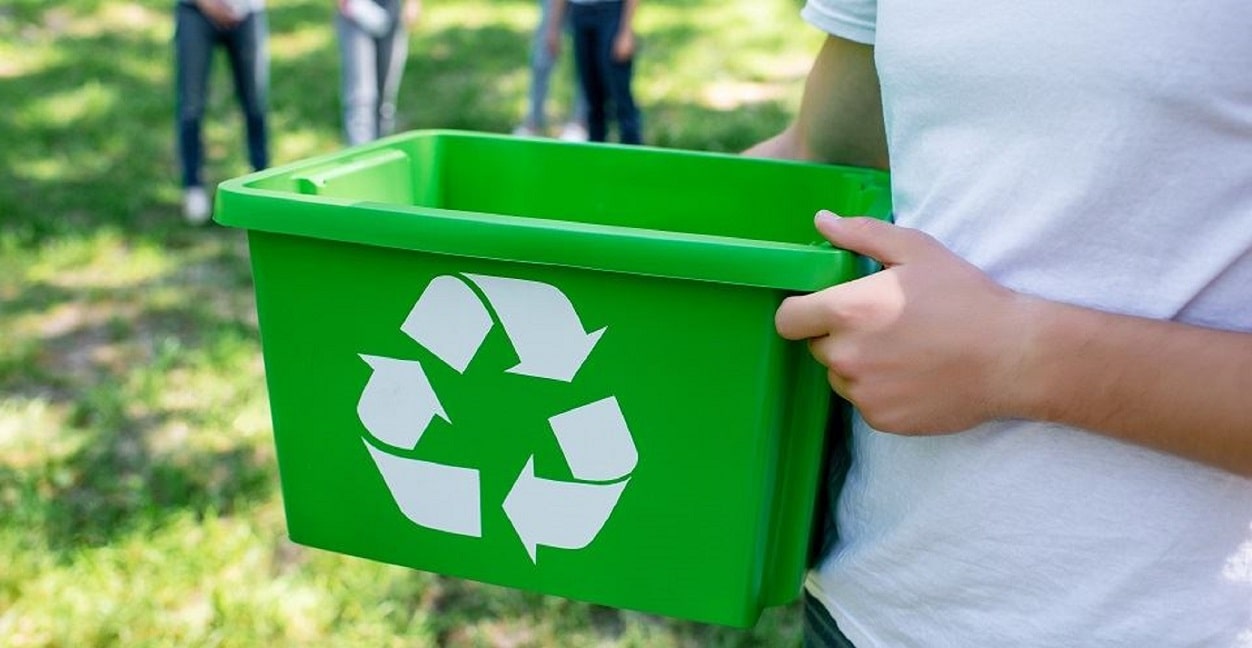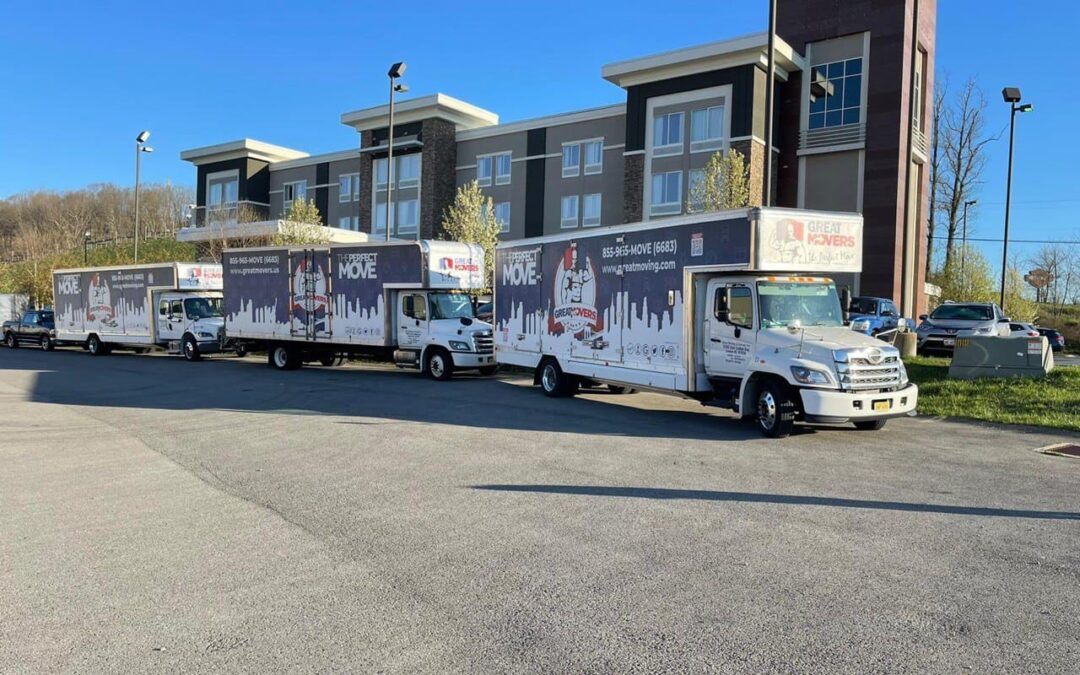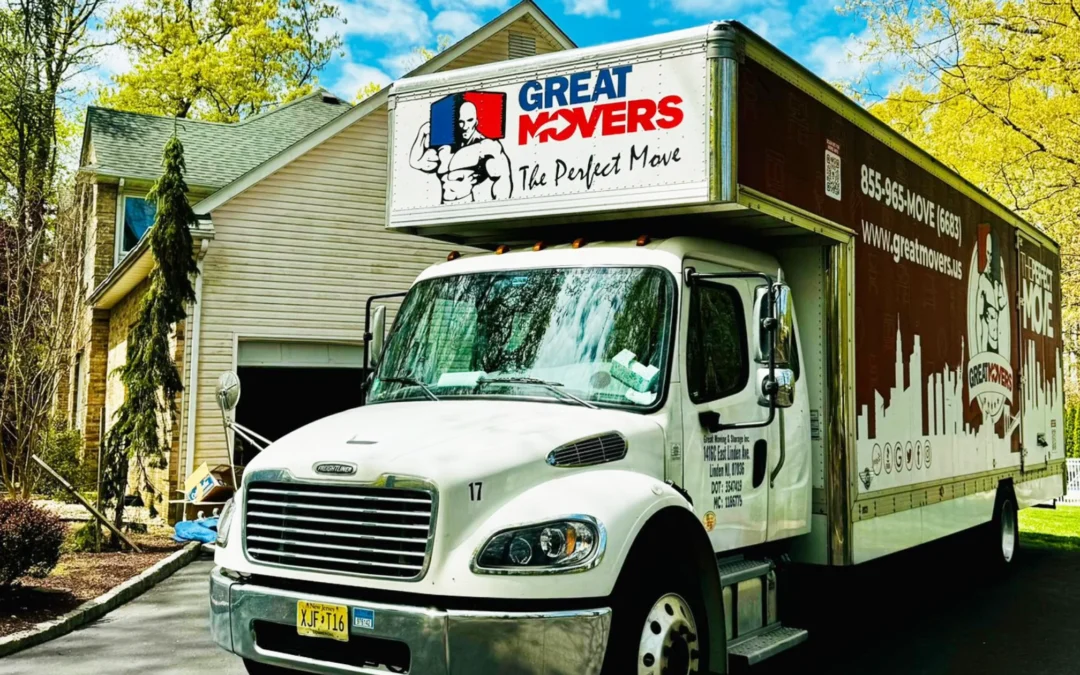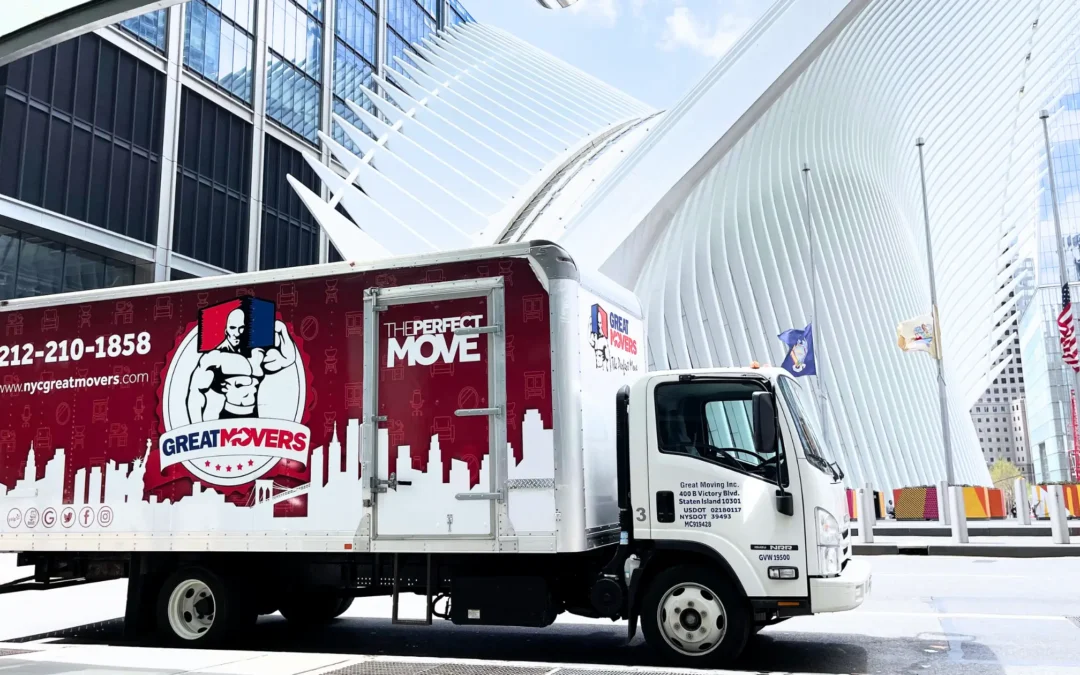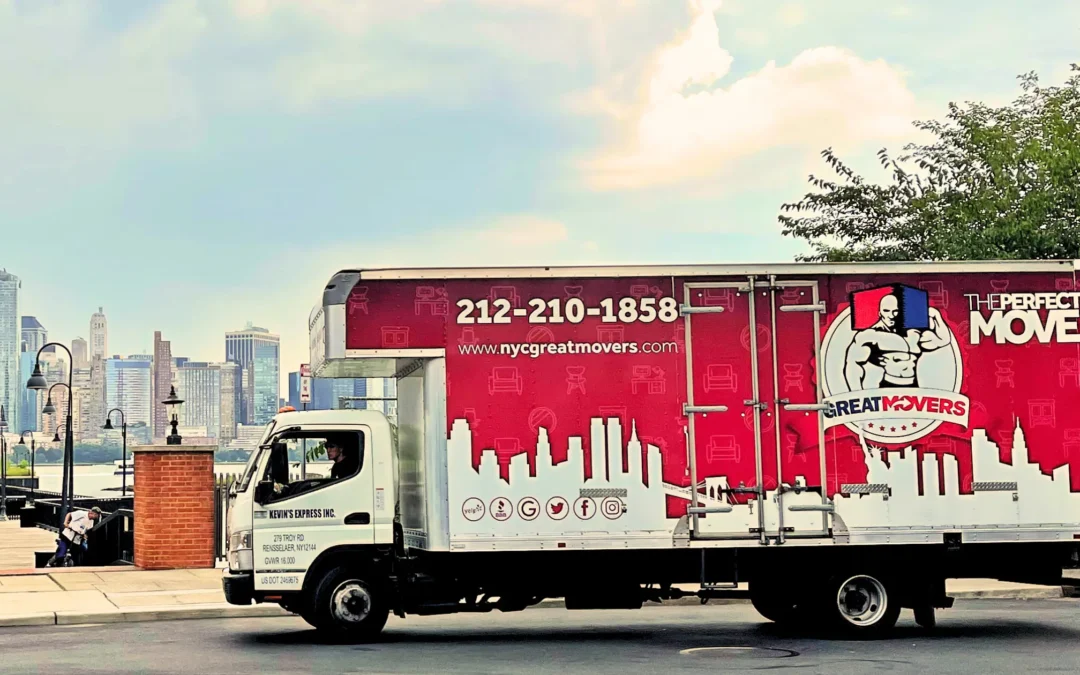Moving uses a lot of resources and creates a lot of waste. Even if you don’t care about your carbon footprint, finding ways to make your move greener can save you money. Of course, that means you might need to be more thoughtful in the lead-up to your eventual move. In order to make your next move eco-friendly, you’ll need to plan ahead. Still, it’s well worth the effort for the planet and your wallet. If you’re interested in green moving, read the tips below!
Plan Your Move
Planning is a must for any kind of move. You have to figure out when you need to start packing, research eco-friendly movers, and finalize all the logistics of changing your address. Without a plan, it’s all too easy to get stressed out which can lead to waste, disorganization, and buying supplies you probably don’t need. In order to make your life easier, make sure to plan at least a month in advance and write down everything you need to do. It helps to schedule certain time-sensitive items in your calendar so you don’t forget, but you should also set reminders to check your supplies, pack certain areas, put up items for donation/sale, and so on. The more organized you are, the easier the move will be. You’ll also avoid unnecessary back forth trips to your new residence, moving supply stores, and wherever else you might need to go.
Donate, Gift, and/or Sell Your Old Items
Moving is the perfect time to purge yourself of stuff you no longer use. It might be tempting to simply chuck your old belongings in the bin but there are better ways to get rid of items you no longer need. Before you start packing, sift through everything you can and make piles or collections of things you no longer need. In general, if you haven’t worn or used an item in 6 months, chances are you don’t need it. Once you’ve gathered everything, try to sell as much as you can. Depending on what you’re selling, you could get close to retail prices for more high-end items like camera lenses, designer clothes (in good condition), new furniture, and so on. If you’re not sure how to price your belongings, look up sites like eBay, Facebook Marketplace, and/or Craigslist to find comparable items. If you don’t have the time to talk and negotiate with individual buyers, consider hosting a yard or garage sale. You’ll have to price items at a lower price, but you’ll probably have better luck getting rid of smaller items such as books, kitchen supplies, knick-knacks, etc. The goal is to get rid of as much as possible so you probably won’t get close to the retail value of the items you’re selling. Still, it is extra cash that you can put towards your moving budget. Once you’ve exhausted all selling options, donate what you can to your local charities or goodwill stores. Make sure to get an itemized receipt of what you donated as you can include this in the following year’s taxes. Most organizations require donated items to be in good condition so that means no holey shirts or broken appliances. So what about the stuff that’s left over?
- Clothes – some clothing stores, such as H&M, offer a garment collective service with recycling in-store so you can drop off any unwanted clothes from any retailer.
- Books/Magazines – you can definitely recycle these, but if you are able, why not start a Little Free Library and put your books/magazines there for someone else to love.
- Electronics – today’s electronics have many hazardous materials that can leach into the ground in landfills. Instead of tossing these, find a local e-waste program or store that offer electronics recycling.
- Furniture – even if it’s not usable as furniture anymore, some talented folks might be able to salvage the parts to make something new. Put out a listing on Facebook or other sites to let people know you’re leaving out free furniture. You’ll be surprised at what people will take!
Pack With Used Cardboard Boxes or Rent Plastic Bins
Buying cardboard boxes can get expensive, especially if you have a lot of items to move. For many people, these boxes are also one-time use. Once you unpack, the boxes get tossed into the recycling bin. While recycling is great, remember that it’s the last R in waste management behind reducing and reusing. Unless you’re pressed for time, you should be able to find used cardboard boxes. The best place to ask for boxes is your local stores. Most stores are more than happy to give them away for free as they have an abundance of boxes they receive on a weekly basis. If possible, go to your local liquor store as the boxes from there are meant to handle heavy items. Other great places to look include:
- Local bookstore
- Office supply stores
- Electronics stores
- Your office recycling room
- Recycling drop off points
- Friends and family
If you’ve exhausted all these options and still don’t have enough boxes, U-Haul offers a program called box exchange where you can connect with other people and find packing supplies. Simply type in “Free Boxes” along with your location to find somewhere nearby. Naturally, you’re not guaranteed to connect with someone, but it’s worth a shot! Still, if you really want to reduce your environmental impact when moving, the best thing you can do is rent reusable plastic bins. Most moving companies offer plastic bin rentals and they will drop off and pick up based on the timeline you give them. Of course, you’ll be charged a rental fee, but there are many benefits of renting plastic bins for moving:
- The bins are fully assembled so you can start packing the second you receive them
- They won’t crush under the weight of other boxes
- You don’t have to worry about the boxes breaking when they get wet
- They’re easily stackable
Use Eco-Friendly Alternatives to Traditional Wrapping
Say goodbye to bubble wrap and packing peanuts. These items have no other use other than ending up in the trash after you unpack. Of course, if you already have these items because they were part of a delivery you ordered, feel free to reuse them! However, if you don’t try to figure out ways you can use what you already have on hand such as newspapers, t-shirts, towels, etc. Everything needs to get packed up anyway, so why not put them to use? If you have to buy bubble wrap, only buy enough to cover your most fragile items such as glassware, fine china, and ceramics. There are even eco-friendly options nowadays so spend the extra bit of money to use these instead of the standard options. You can replace packing peanuts with shredded paper so put all that junk mail to use. After you’re done, you can transform the shredded paper into beautiful Papier-mâché crafts. Or you can just recycle it. When it comes to plastic covers for your mattress or upholstered furniture, opt for painter’s drop cloth or muslin fabric. It will still protect your items and you can reuse it as a picnic blanket or table cloth after you have moved.
Conclusion
Planning an eco-friendly move might require a bit more time and planning, but it’s well worth the effort. Not only will you be reducing your carbon footprint, but you’ll also save money in your moving budget. You can then use that money to treat yourself to a nice dinner or treat once you’re moved into your new place!
FAQ
Won’t hiring professional movers be bad for the environment?
Not at all! Professional NYC movers know their way around the streets of NYC so they’ll waste less gas getting to and from the destination. Plus, the moving crews tend to be efficient and can easily finish moving a small apartment in only 4 hours.
Where can I purchase eco-friendly packing supplies?
You can find these supplies at Walmart, U-Haul, and other online stores. Simply search for eco-friendly moving supplies and you should be able to find several companies that offer green solutions.
Can I recycle packing tape and other materials?
You can absolutely recycle most packing supplies including packing tape and cardboard. For bubble wrap, you can drop the popped sheets at grocery stores that accept plastic bags. You can drop off packing peanuts at your local shipping stores as many have recycling programs in place.

